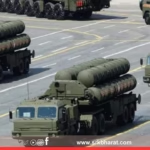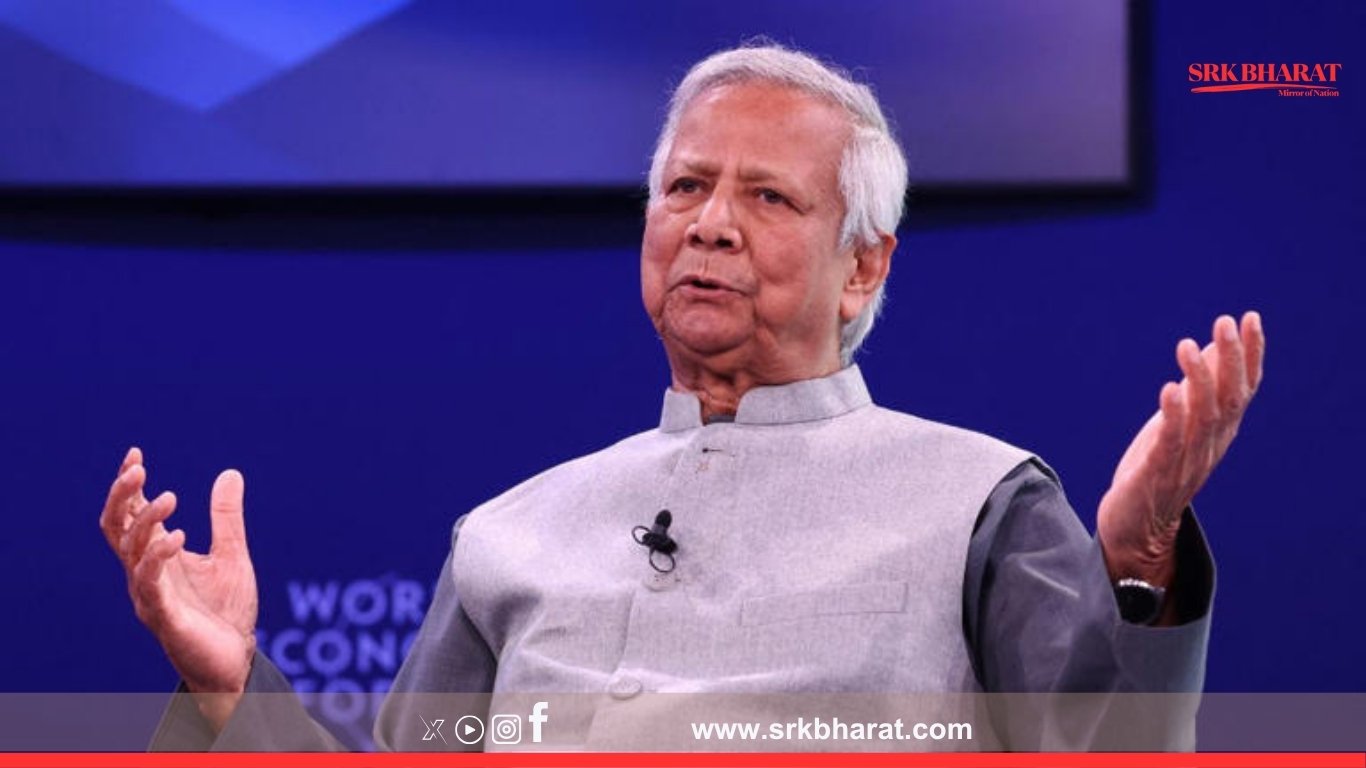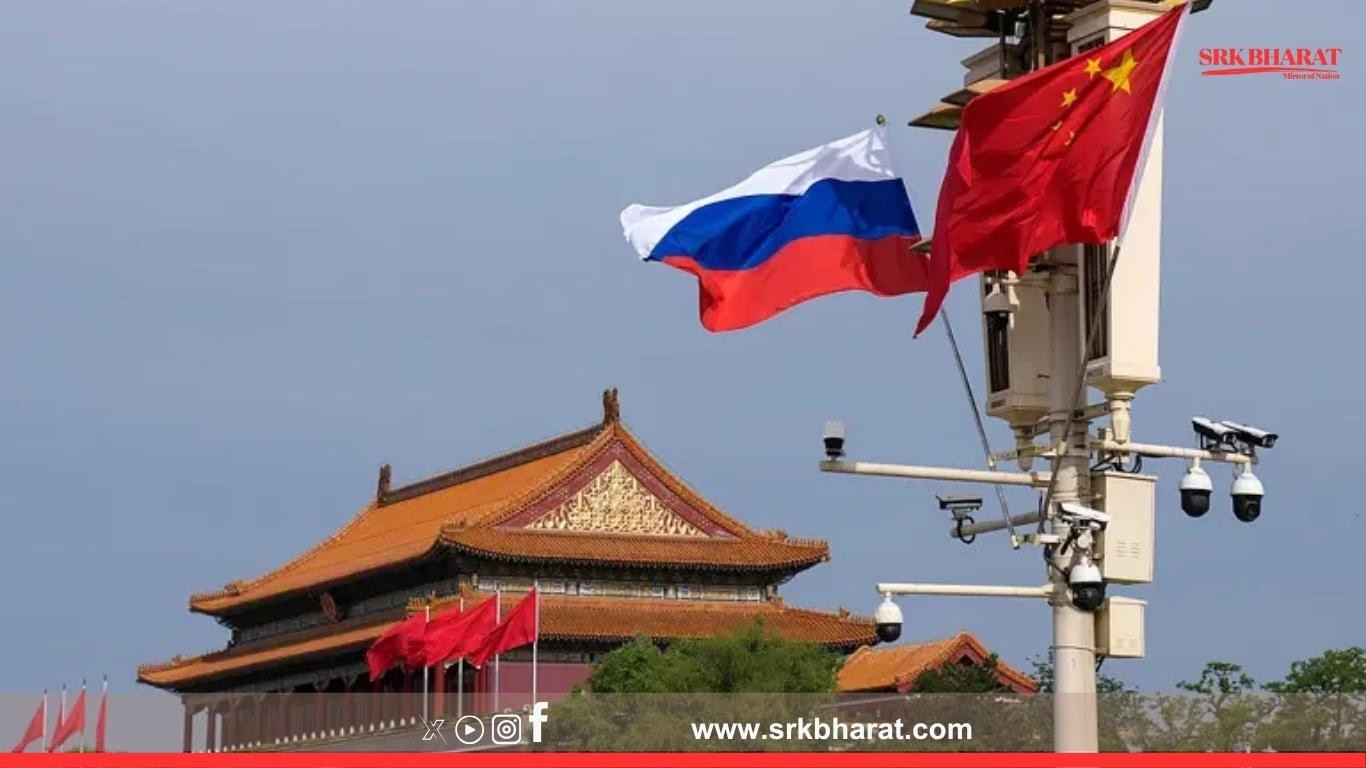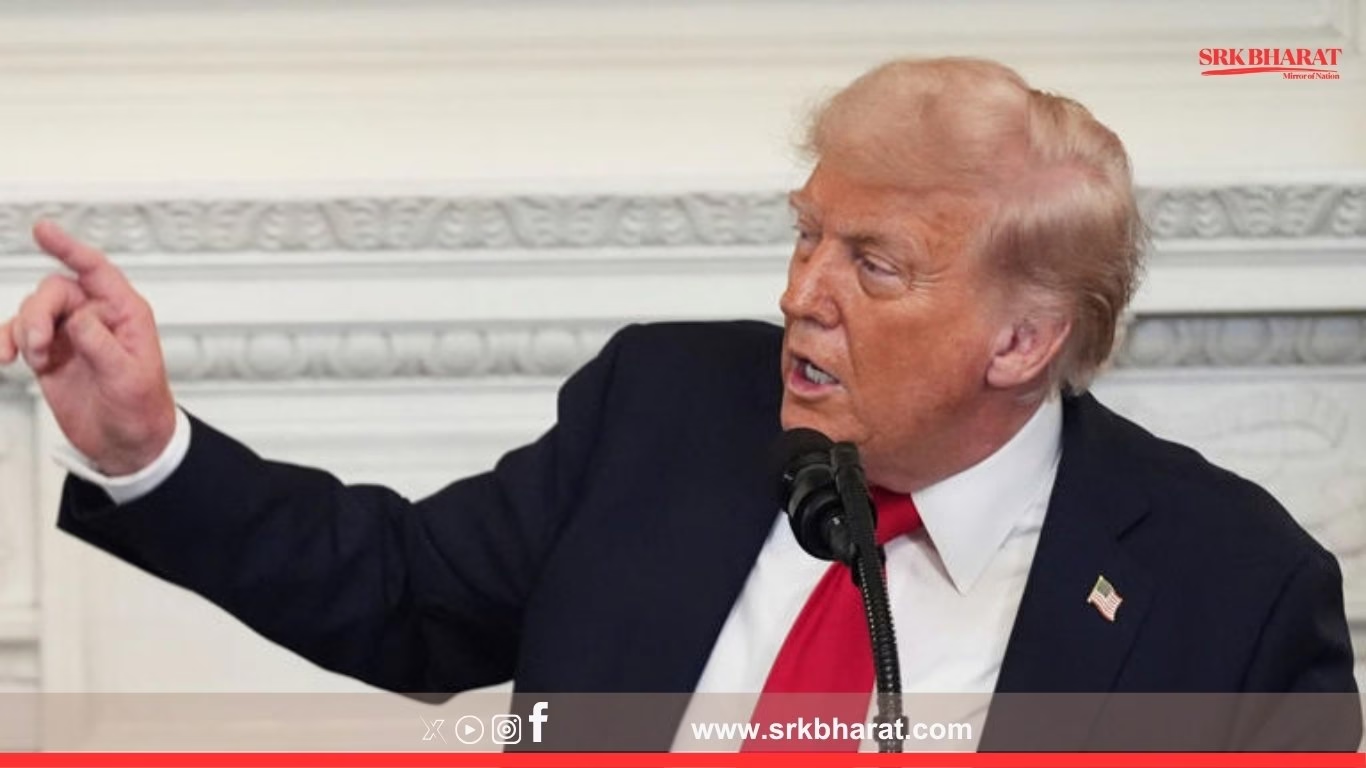In a development raising concerns among regional security analysts, Turkey has intensified its diplomatic, defence, and ideological outreach in Bangladesh, expanding its influence through joint defence production offers while allegedly also extending covert support to Islamist extremist networks, according to strategic intelligence assessments.
Key Highlights
- Turkey-Bangladesh defence partnership accelerating under Erdoğan’s strategic Islamic world outreach.
- Joint production offers in UAVs, naval systems, and military electronics.
- Concerns over Ankara-linked charities and NGOs fostering radicalisation networks.
- Implications for India and regional counter-terror frameworks.
Strategic Defence Industry Push
In recent months, Turkish defence majors such as Baykar (drone manufacturer), ASELSAN (military electronics), and STM (naval platforms) have stepped up engagements with Bangladesh’s Ministry of Defence Production (MODP) and Armed Forces Division.
| Turkish Company | Proposed Collaboration | Impact On Bangladesh Military |
|---|---|---|
| Baykar | Supply of Bayraktar TB2 drones; potential local assembly. | Enhances tactical surveillance and strike capability. |
| ASELSAN | Joint production of communication and radar systems. | Upgrades battlefield C4ISR networks. |
| STM | Modernisation of naval platforms and submarines. | Strengthens Bangladesh Navy’s coastal defence and deep-sea operations. |
Bangladesh’s Forces Goal 2030 aims to upgrade all three services, and Turkey has positioned itself as a low-cost, high-tech supplier compared to Western OEMs or Chinese platforms.
Turkish Diplomacy: Islamic Solidarity Narrative
President Recep Tayyip Erdoğan’s administration has leveraged Islamic solidarity forums, scholarships, and humanitarian organisations to build grassroots and elite influence in Bangladesh.
- Diyanet Foundation, TIKA, and Maarif Foundation have expanded operations across Dhaka, Chittagong, and Sylhet.
- Turkey’s embassy is actively promoting religious education cooperation and scholarships, inviting thousands of Bangladeshi students annually.
Alleged Extremist Links: Regional Security Concerns
Intelligence agencies in South Asia and Western capitals have flagged increasing Turkish NGO activity linked to Islamist organisations in Bangladesh.
| Organisation | Alleged Linkage | Security Concern |
|---|---|---|
| Turkish NGOs in Sylhet | Associations with Hefazat-e-Islam factions. | Propagation of Salafi-Takfiri ideology undermining secular governance. |
| Charity arms of Diyanet | Funding extremist-linked madrasas. | Radicalisation of youth against Indian and Western interests. |
A senior regional security official stated:
“Turkey is replicating its influence model from Somalia, Libya, and Syria in Bangladesh – combining humanitarian, defence, and religious outreach. This challenges India’s strategic interests and Bangladesh’s internal security balance.”
India’s Strategic Calculus
Bangladesh is a critical partner in India’s Act East policy and counter-radicalisation efforts. The expansion of Turkish defence influence is viewed with caution in Delhi, especially as:
- Turkey has consistently opposed India’s position on Kashmir at the UN.
- Turkish drones and missile technology transfers could alter tactical balances along the Northeast corridor.
- Covert ideological radicalisation networks can fuel extremist violence in India’s bordering states.
Broader Geopolitical Implications
| Region | Turkish Strategy | Outcome |
|---|---|---|
| South Asia | Defence exports + Islamist solidarity + economic aid. | Strategic foothold undermining Indian and Western influence. |
| Africa (Somalia, Libya) | Military bases + drone supplies + Islamic charities. | Established permanent security-economic presence. |
| Caucasus (Azerbaijan) | Full-spectrum defence support + religious affinity. | Strategic partner status and regional pivot. |
Turkey-Bangladesh Bilateral Dynamics
Bangladesh has welcomed Turkish investment and defence technology due to:
- Cost-effectiveness compared to Western vendors.
- Religious affinity leveraged in public diplomacy.
- Diversification of suppliers to reduce Chinese over-dependence.
However, counter-terror experts warn that unchecked Turkish ideological networks may embolden radical factions, threatening Bangladesh’s secular constitution and social harmony.
Statements From Bangladesh Analysts
| Expert | Comment |
|---|---|
| Dr. Imtiaz Ahmed, Dhaka University | “Turkey’s soft power outreach is overshadowed by rising allegations of religious radicalisation support. Bangladesh must tread cautiously.” |
| Brig Gen (Retd) Shahedul Anam Khan | “Joint defence production is welcome but intelligence agencies must vet Turkish NGOs for security threats.” |
| Tasneem Khalil, Security Journalist | “Erdoğan’s Turkey has increasingly supported Islamist groups for geopolitical leverage.” |
Recent Developments
| Month | Event |
|---|---|
| April 2025 | Baykar offered TB2 drones and proposed a UAV maintenance facility near Dhaka. |
| May 2025 | ASELSAN signed an MoU with Bangladesh Ordnance Factories for communication equipment. |
| June 2025 | Turkish Maarif Foundation announced 5 new Islamic schools across Bangladesh. |
Indian Security Establishment’s Concerns
Indian security officials have expressed concern over:
- Possible Turkish drone supplies to Bangladesh-based extremist groups via covert intermediaries.
- Radicalisation corridors from Chittagong Hill Tracts into Northeast India aided by Turkey-linked charities.
- The emergence of Bangladesh as a Turkish defence export hub threatening regional security architecture.
Policy Recommendations By Analysts
- Bangladesh should balance defence ties with Turkey while ensuring robust due diligence on extremist linkages.
- India must enhance counter-radicalisation coordination with Dhaka, strengthening intelligence sharing.
- Regional frameworks like BIMSTEC should incorporate counter-extremism modules to counter ideological warfare.
- The US and EU should monitor Turkey’s Islamist expansion, aligning with moderate Bangladeshi institutions to sustain secular governance.
Conclusion
Turkey’s growing defence and ideological footprint in Bangladesh marks a significant shift in South Asian geopolitics. While defence collaboration can support Bangladesh’s military modernisation, unchecked Islamist ideological proliferation poses a threat to regional stability, Indian interests, and Bangladesh’s secular identity.
As Ankara expands its influence across Africa and South Asia, Turkey’s blend of drones, diplomacy, and doctrine will remain a crucial focus for Indian strategic planners, calling for calibrated diplomatic and security responses to protect long-term national interests.
Disclaimer: This article is based on defence and security analysis, regional intelligence inputs, and expert interviews. It is intended for public informational purposes.











